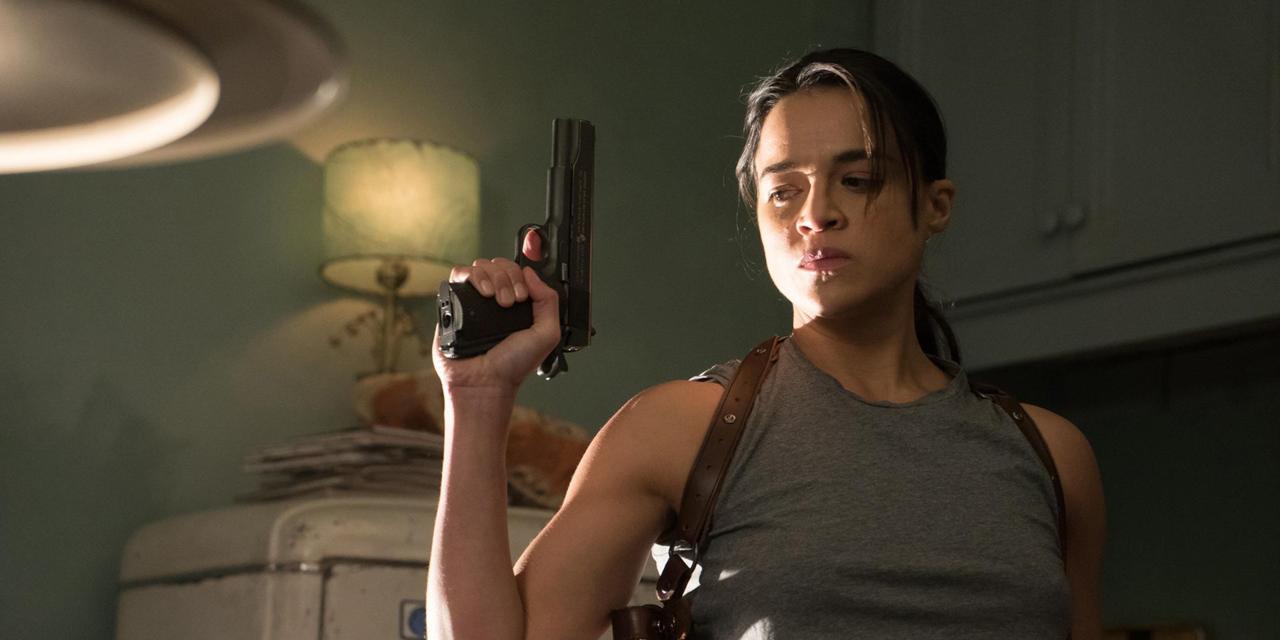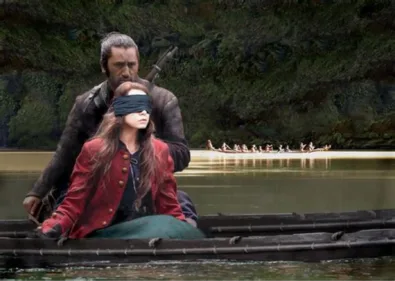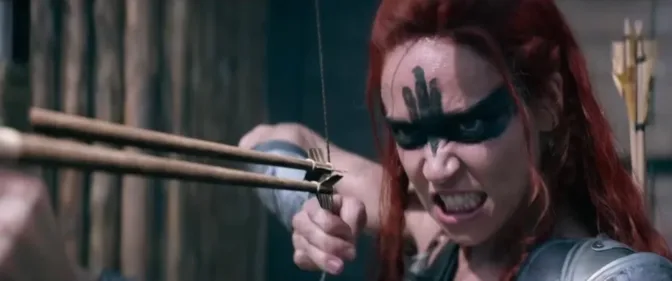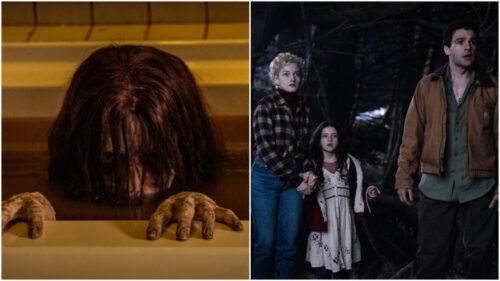On the one hand, maybe I should stop being surprised by the secret greatness of movies my peers hate. It’s not that I distrust anyone’s reaction to a work of art; I think it just may be that I’ve evolved into the terrible movie whisperer. I confess I was waiting to see Walter Hill‘s “The Assignment” like I was waiting for a date to arrive. I wanted to like it, and not just because everyone had been so mean about it at the Toronto International Film Festival or later during its pathetic first run. There was just something so specific about one of America’s most-trusted-yet-least-respected action directors making a film in his seventies about a man who becomes a woman against his will. “Well I’ll be…that is specific,” as Paul Schneider says in “The Assassination of Jesse James by the Coward Robert Ford.” That’s the only way to describe Michelle Rodriguez’s performance, one of the best I’ve seen all year.
And so, of course, I’m here to tell you it’s terrific and fun and even better than Hill’s last unloved film, 2012’s “Bullet To The Head.” I really should stop being surprised that Hill’s movies are quite so fantastic. Even “Another 48 Hours,” a film I was told in no way measured up to the original, I found to be so good, and a stylistic twin to the swamp noir “Johnny Handsome,” that I kind of like it more than the first and want to watch it again right now as I’m writing this. But I was still surprised how much I found myself falling for “The Assignment” as I edited the piece. As I looked intently at its compositions—the gorgeous, oil-slick color palette (borrowed, I like to think, from the late great Tobe Hooper), the sleek camera movements, the performances, the graphic novel sensibility that doesn’t ask you to be stupid to appreciate it. There’s a reason “Atomic Blonde” gets a cranky shout out in the beginning of the video. That whole movie is recycled comic book ideas clumsily translated to the screen in order to wow you with its awareness of its place in the world. Any film that has a conversation about other films and why it’s better than those movies doesn’t need you. “The Assignment” does. Hill has filled it with questions he hopes an audience can answer because he seems genuinely curious, and knows that at his age some things will escape him. It needs us.
That need is key to its success, as well as kind of a lynchpin to his career. Pieces of the body rebel against his heroes, whether it’s one person (“The Assignment,” “The Driver,” “Johnny Handsome,” “Undisputed”), a duo (“48 Hours,” “Another 48 Hours,” “Bullet to the Head”), or a group (“The Long Riders,” “Southern Comfort,” “The Warriors”). There is a need for information about the function of a body that is missing and so the ill-fitting pieces bite the rest of the body. We’re punished for the weakest parts of ourselves in Hill movies. Every missing piece becomes our Achilles Heel. And thus the need—for completion, for understanding, for someone else or just a better understanding of ourselves to make us whole.
One of my favorite moments in any Walter Hill movie is in the pilot for “Deadwood” when some folks come to lynch a prisoner and Timothy Olyphant’s ornery sheriff hangs him under the order of law rather than let chaos reign. He hangs him one-handed using just a chair and a porch fixture. The man, seeing that Olyphant’s way at least gives him his respect on his way out, knows it is the only way. That is what Hill’s been chasing from the beginning. A way to feel complete before we go.
The Unloved – The Assignment from Scout Tafoya on Vimeo.
To watch more of Scout Tafoya’s video essays from his series The Unloved, click here.












